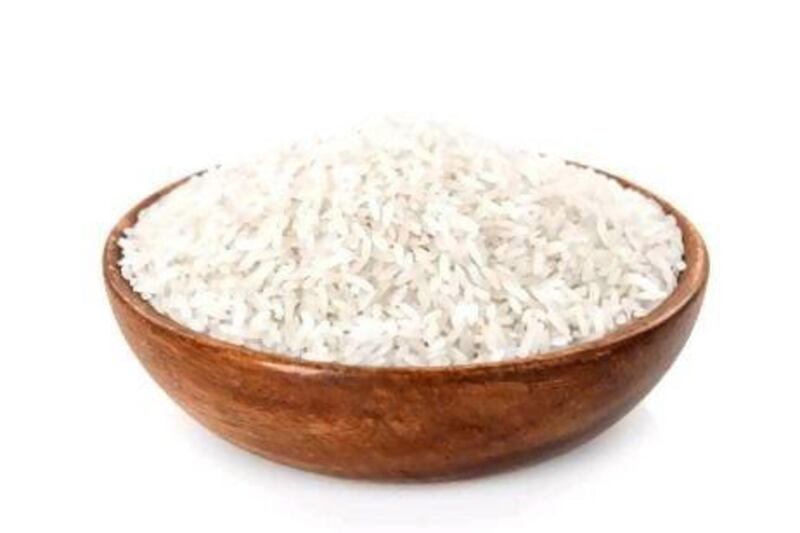Rice is a wholesome staple of this region but, unfortunately in some cases, people are eating it up to twice a day and, to make matters worse, they are consuming white rice.
This spells trouble for the pancreas, as white rice is notorious for wreaking havoc with blood sugar and may well contribute to the extremely high rate of diabetes experienced in the region.
According to a study from the Harvard School of Public Health in Boston, each serving increment per day in white rice intake was associated with a small, yet significantly higher, diabetes risk.
Considering the cumulative effect of eating white rice every day, sometimes twice a day, this country's rice habit is quite likely contributing to cases of type 2 diabetes. While it may be unrealistic for white rice to be avoided completely, many would certainly benefit from a significant reduction in their consumption, especially if they are already suffering from diabetes. But since prevention is better than cure, even those not dealing with diabetes can safeguard their families by reducing intake.
So, what to eat instead? Here are some great alternatives that are very similar to rice and can be eaten in much the same way, while being kinder to blood sugar. Brown rice and wild rice are the most obvious and attractive alternatives, as they have more fibre, protein and less sugar.
Quinoa makes an excellent alternative, as it is mineral-rich, full of protein and fibre with very little sugar. It's a seed from the Andes and looks very similar to couscous. It is also very easy to cook: just boil for 10 minutes and treat the same way as rice. Finally, millet would be a valuable addition, since it was traditionally used to tone the pancreas and help blood-sugar balance.
Laura Holland is a well-being consultant and nutritional therapist. For more information, go to www.BeUtifulYou.co.uk






